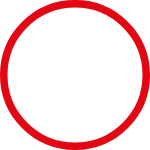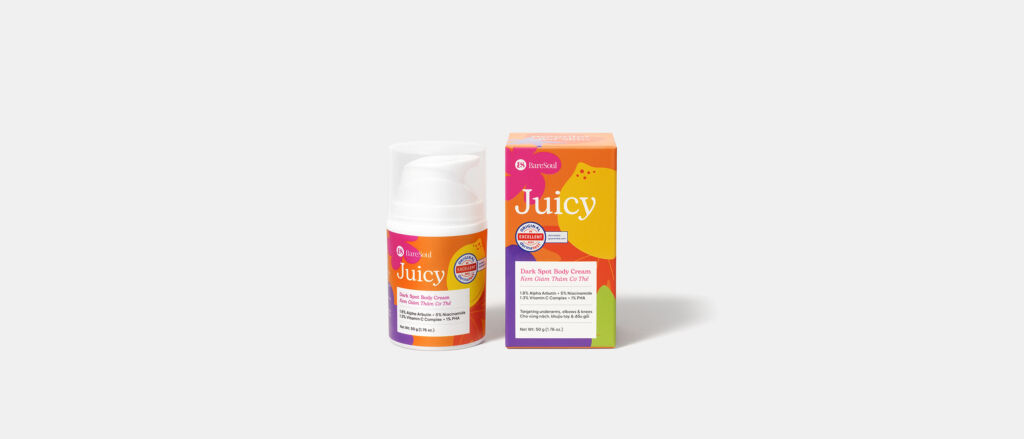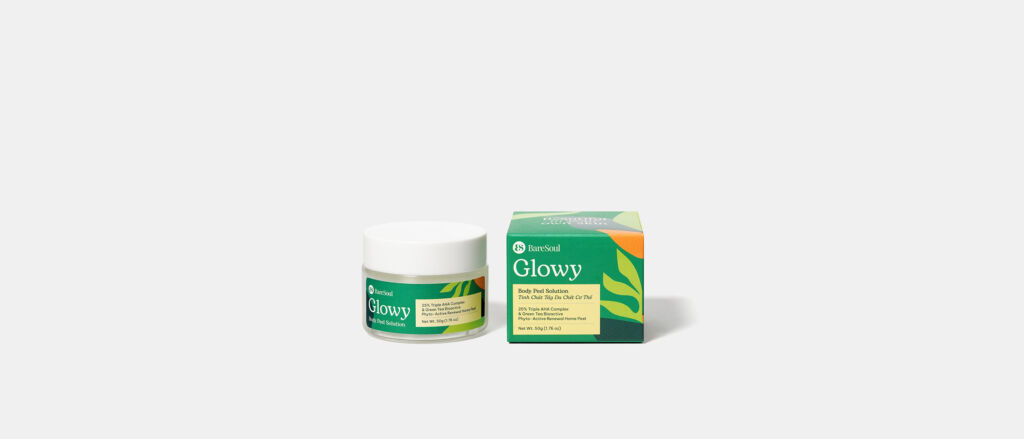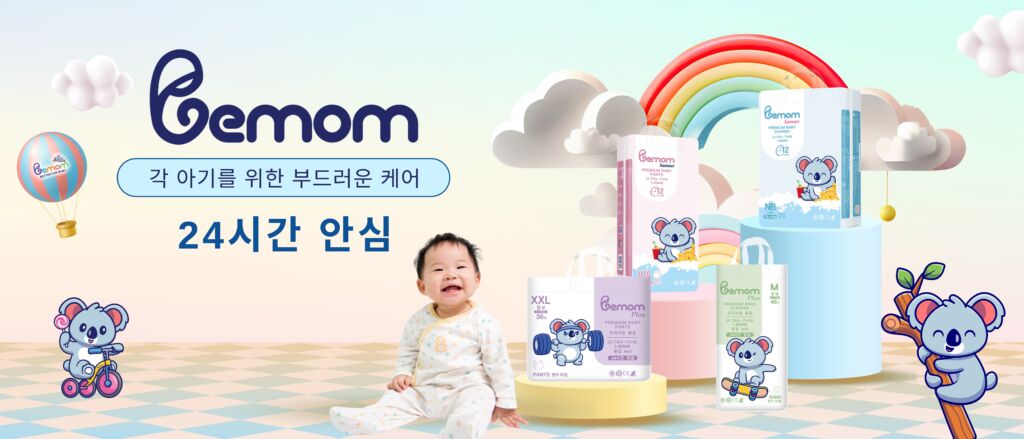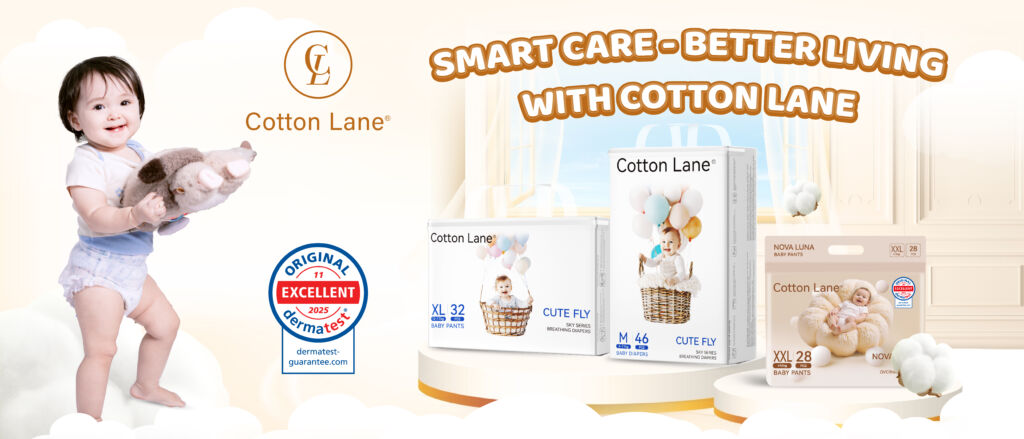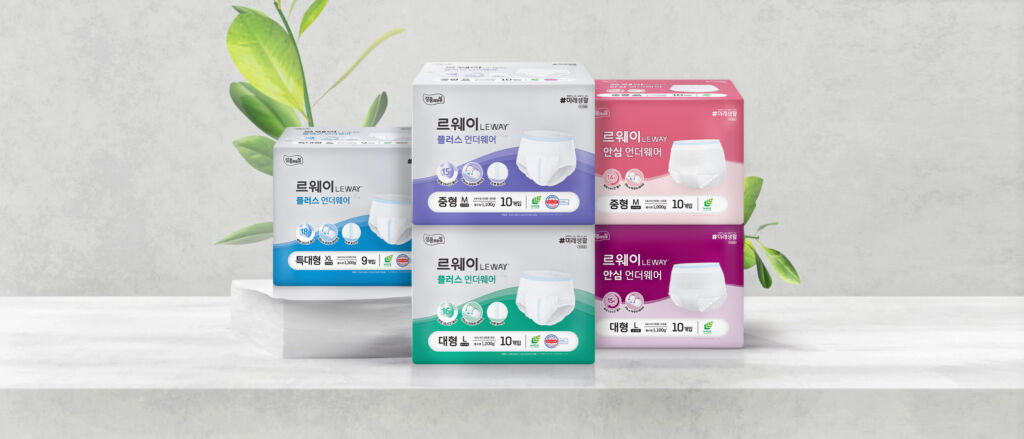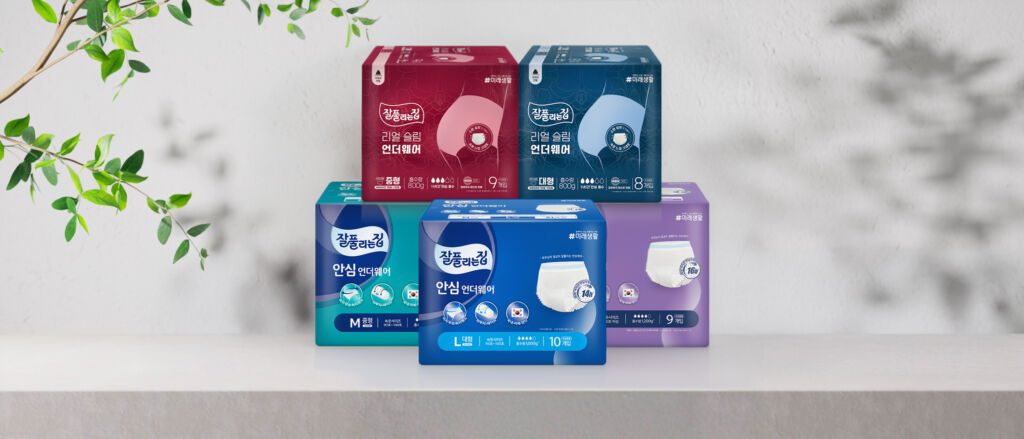인증마크(Seal)의 이점
오리지널 Dermatest®(더마테스트) 인증마크는 여러분의 고객과 화장품 및 생활용품의 최종 사용자를 위한 소비자 안전의 증표입니다.
오리지널 Dermatest®(더마테스트) 인증마크에 대한 인지도는 최근 몇 년 동안 급격히 상승하였습니다. 소비자들은 인쇄 및 온라인 매체의 제품 광고뿐만 아니라 특히 소매점의 제품포장에서 Dermatest®(더마테스트) 인증마크를 점점 더 자주 접하고 있습니다.
소비자들은 점점 더 다양한 경로를 통해, 오리지널 Dermatest®(더마테스트) 인증마크를 제품 안전성에 대한 증표로 인식하고 있습니다. 또한 해당 제품에 어떤 테스트가 수행되었는지 추적할 수 있기 때문에, 오리지널 더마테스트 인증마크는 귀사 제품의 품질에 대한 명확한 증거입니다.
이 인증마크가 표시된 제품은 테스트를 통과한 검증된 품질의 제품임을 보증합니다.




